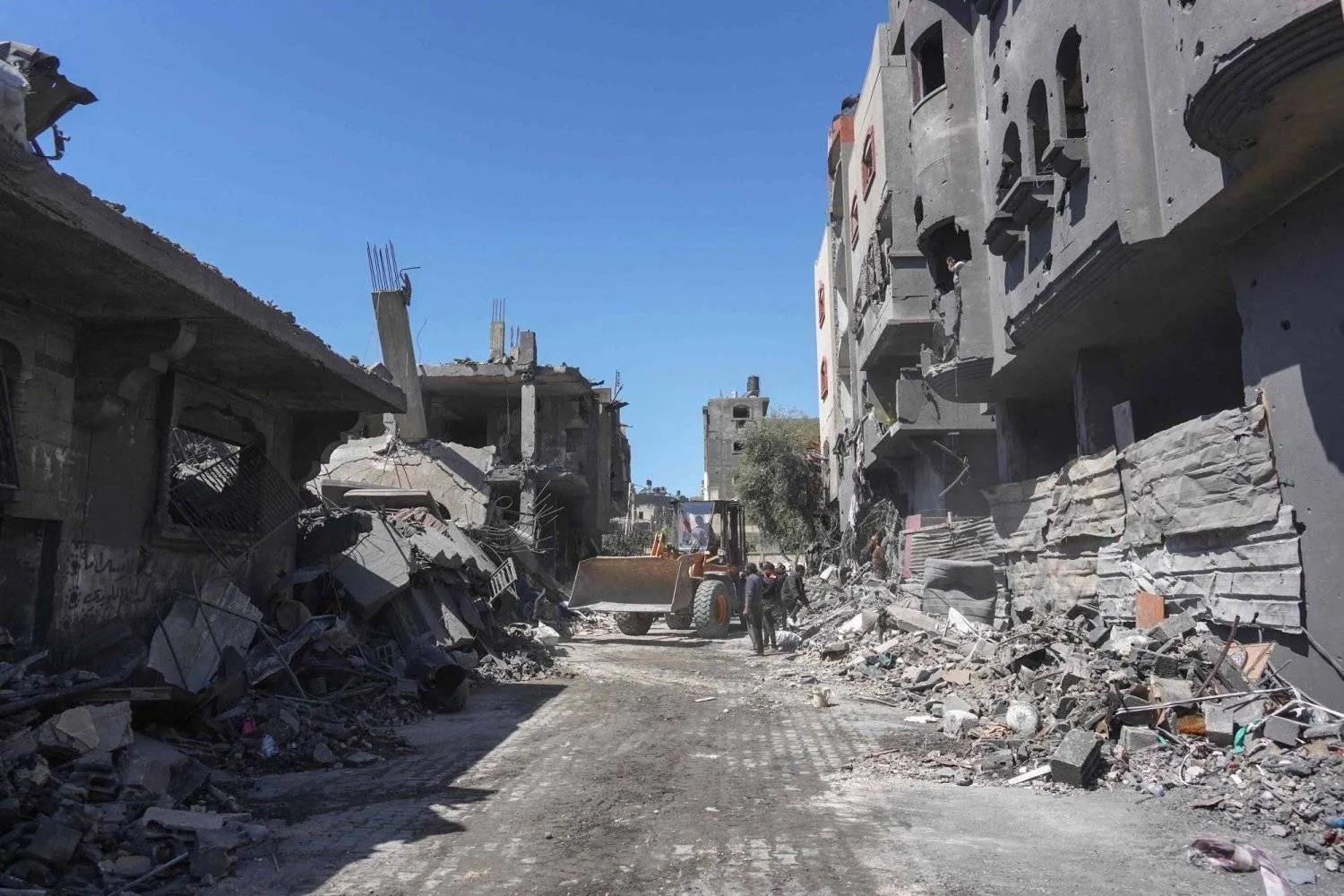Hamas says amendments it proposed to the most recent US plan for a ceasefire in Gaza “have been met with a positive response by the mediators.” However, “the official Israeli position has not yet become clear,” and no date for negotiations has been set, Hamas spokesperson Jihad Taha said Friday.
Ceasefire talks between Israel and Hamas appear to be reviving after having stalled for weeks, as US, Qatari and Egyptian mediators try to overcome differences that have repeatedly thwarted a deal.
Late Friday, Israeli Prime Minister Benjamin Netanyahu’s office said he was sending negotiators to Qatar next week, but “there are still gaps between the parties.”
Hamas wants an agreement that ensures Israeli troops fully leave Gaza and that the war ends, while Israel says it cannot halt the war before the Palestinian militant group is eliminated. Post-war governance and security control of the enclave have also been contentious issues.
In the occupied West Bank, Palestinian health officials say an Israeli military operation and airstrike killed seven Palestinians on Friday. The Islamic Jihad militant group named four of the dead as its members. Violence has surged throughout the West Bank during nearly nine months of war in Gaza.
Israel launched the war in Gaza after Hamas’ Oct. 7 attack, in which militants stormed into southern Israel, killed some 1,200 people — mostly civilians — and abducted about 250.
Since then, Israeli ground offensives and bombardments have killed more than 38,000 people in Gaza, according to the territory’s Health Ministry, which does not distinguish between combatants and civilians in its count.
The war has caused massive devastation across the besieged territory and displaced most of its 2.3 million people, often multiple times. Israeli restrictions, ongoing fighting and the breakdown of law and order have curtailed humanitarian aid efforts, causing widespread hunger and sparking fears of famine. The top UN court has concluded there is a “plausible risk of genocide” in Gaza — a charge Israel strongly denies.









